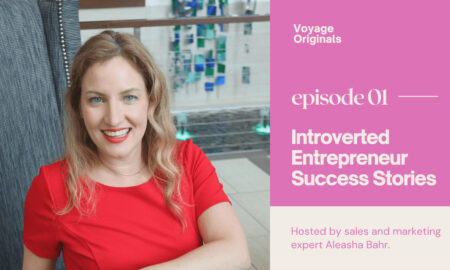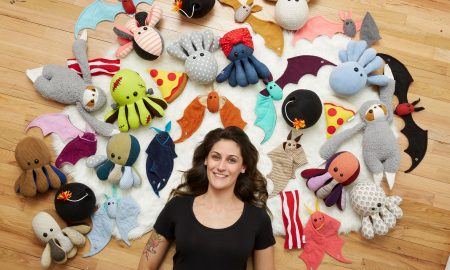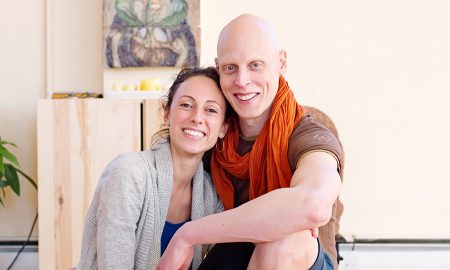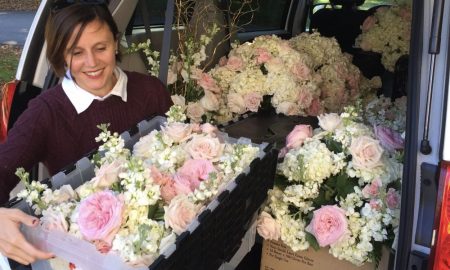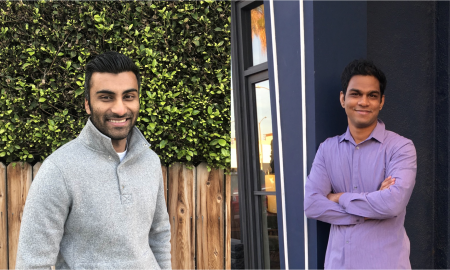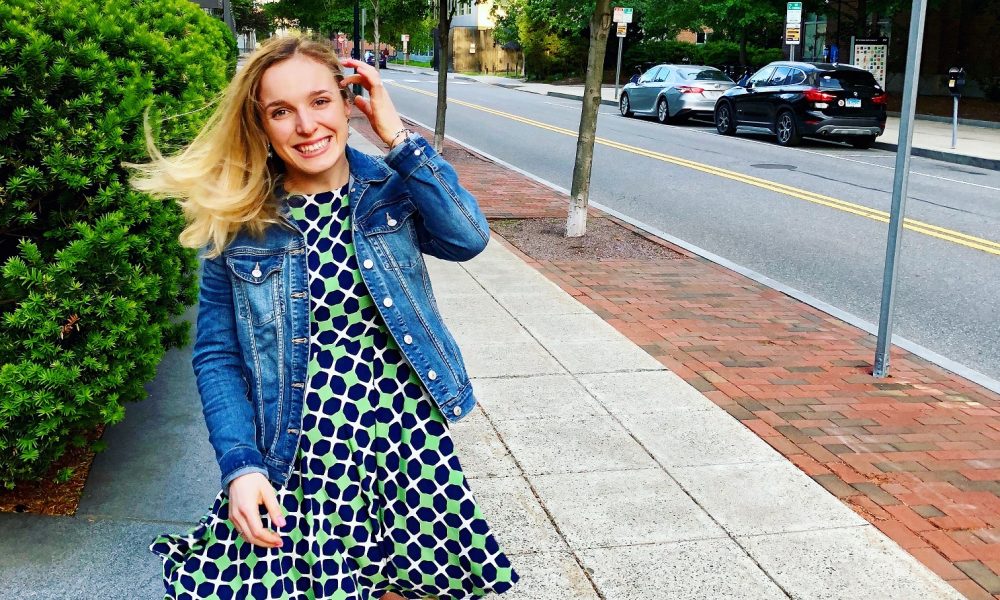

Today we’d like to introduce you to Sydney Bates.
Sydney, can you briefly walk us through your story – how you started and how you got to where you are today.
First off, I am a future Registered Dietitian completing my dietetic internship (a 50 week, full time supervised program comprised of ambulatory care, acute clinical care, food service, community, and business entrepreneurship rotations) at the Massachusetts General Hospital. People often ask me the difference between a dietitian and a nutritionist- something I myself did not know 5+ years ago when I began to pursue this field. Well come to find out there are major differences. A dietitian must complete the requisite coursework in nutrition science (including biochemistry, microbiology, anatomy and physiology, organic chemistry, etc.), then go on to match to a competitive internship to complete the required hours before sitting for a board certification exam for licensure. It hasn’t been easy breezy, but fortunately the finish line is in sight!
My story began at a small liberal arts college in central Pennsylvania, Juniata College (when I tell people this I usually get some blank stares). While there, I studied Spanish, studied abroad in Spain, got minors in Psychology and Biology (I was one of those students who wanted a taste of everything/ liked too many things for my own good), but after one intro to nutrition course I knew that’s where my path would lead, whatever that meant. I was enamored with nutrition and its ability to prevent chronic disease, and fully embraced Hippocrates “food as medicine” philosophy. Not after long, my new passion veered on obsession as I became infatuated with exercise and eating what I considered to be the so-called “perfect” diet. I ran almost daily because it was what I believed to be the best form of exercise and ate a strict vegetarian diet (not so easy on a college campus). I poured over food-related books like “The China Study”, anything Michael Pollan, “Eat and Run” by Scott Jurek, “The Food Revolution” and any book/magazine that could teach me how to lose more weight, get abs and become a better runner through eating “x” food. What I didn’t realize at the time was that my style of eating was orthorexic- an unhealthy obsession with eating “clean”, “pure” and “perfect”. I was overcome with guilt and remorse if I ate something that I deemed less than perfect, for fear it would somehow damage my body. I took to running to compensate for my indiscretions. After college, I got a job at a local gym back at home- it only seemed fitting. I also got my Spinning instructor certification, a great way to get more exercise in and perpetuate my fitness obsession.
I went on to Simmons College to pursue my post-baccalaureate certificate in dietetics and my MS in Nutrition and Health Promotion. I was in love with my classes, the professors and the endless opportunities in Boston.
Somewhere along the way, I discovered Intuitive Eating and Health at Every Size (HAES). I also met my partner (now fiancé), a totally normal eater. He helped me with my 180 degree shift in how I viewed food. I realized that life is meant to be enjoyed, and food shouldn’t be a way of life, rather a means of living out our values and enjoying life.
I now firmly believe in the principles of Intuitive Eating, which means listening to the body’s internal wisdom rather than relying on external food rules. Intuitive eating recognizes that eating should be an enjoyable experience, not a strict “calories in-calories out” equation. Intuitive Eating is flexible, meaning you have full permission to eat what feels good in the moment. This means putting an end to that vicious dieting cycle so many of us are familiar with- start a diet (Whole 30, Paleo, keto, vegan, macro counting, juicing, low-carb etc…), see some temporary, short-term success, “fall of the wagon”, binge/overeat, gain back the weight, pick a different diet with the hopes that maybe this will be “the one”. For many, this restrict-binge-restrict-binge cycle is perpetuated by our culture’s obsession with thinness. The multi-billion dollar a year diet and beauty industry profits immensely off our insecurities and desire to achieve that thin ideal.
My goal is to help individuals discover attuned eating, and realize their worth outside their body shape and size. I want women to see how their value and potential has nothing to do with the size of their waist or whether or not they have visible abs. I believe we have much more to offer this world than our relationship with gravity. It does not mean that concern for health goes out the window; in fact it is the opposite of that. Those who are able to tune into their hunger and fullness cues, eat stereotypically healthy foods but also not feel guilty or overcome with shame when they have cake at a birthday party or bread before dinner are more likely to have an overall balanced, healthy eating pattern.
It is the difference between wanting a candy out of the candy bowl at work, having one and moving on with your life, depriving yourself of the candy because you’ve decided its bad/off-limits, or thinking about it all day and going home later and binging on something sugary.
I am just wrapping up a 6-week rotation that I arranged for my concentration at Walden Behavioral Care, a renowned eating disorder treatment facility with both inpatient and outpatient clinics. This has been an incredible learning opportunity to receive training in motivational interviewing and nutrition therapy in this delicate setting. While I believe all dietitians should receive training in eating disorders, I know how unique and rare this opportunity is. I have been soaking up every minute of it and it has reaffirmed that I am pursuing a direction that truly aligns with my values and helps me feel fulfilled. I can’t think of anything more fulfilling than helping someone through such a difficult, dark time and believe that those with eating disorders are destined for bright, world-changing futures.
My future practice will not sell weight loss, as I have no desire to be a part of diet culture, something I see as unethical and not evidence based. At least 95% of people who go on diets will gain the weight back, and I did not enter the field of nutrition to help the 5% of people who can successfully keep weight off. This is not to say that I am anti-weight loss, rather I am focused on improving modifiable behaviors that can improve health. The literature shows that weight/BMI are not reliable indicators of health, and everybody has a unique set-point. BMI is based on outdated, flawed science that is both nonsensical and inaccurate. Not only can it not differentiate fat to muscle ratio (muscle weighs more), but it was developed using the “ideal, average man” and therefore cannot be used to measure an individual. More productive, useful parameters of health are behaviors and attitudes, such as gentle nutrition and a healthy relationship with food, sleep, stress management, meaningful relationships, and sufficient physical activity. It is so much more complex than eating fruits and vegetables.
My short-term goals are to pass my boards to become a licensed registered dietitian! Long-term, I hope to accept client’s in-person and virtually to counsel on intuitive eating and mindful movement. I hope to treat and prevent eating disorders and disordered eating, and debunk the nutrition myths diet culture has brainwashed us with.
Great, so let’s dig a little deeper into the story – has it been an easy path overall and if not, what were the challenges you’ve had to overcome?
Any road worth following is bound to have some bumps along the way! My path towards becoming a registered dietitian and intuitive eating were no exceptions. To become an RD, there are some serious hoops to jump through to secure a competitive seat in an internship- which has a 50% acceptance rate nationally. This required full time grad school, working multiple jobs, and volunteering in between.
My road to becoming an intuitive eater was no cakewalk either. I went from being a vegetarian to re-introducing meat, and gradually realizing that both kale AND a medium rare burger AND cake can fit in a healthy eating pattern. I’ve learned that having a healthy relationship with food has extended into other areas of my life as well. By eating intuitively, I’ve opened my mind to moving my body intuitively, have been able to live more in the moment by not feeling crazy around food and micro-managing my diet and body.
Currently, I am working on building a brand, website and envisioning a private practice. As someone with little experience in entrepreneurship aside from one class in grad school, this has been a humbling experience. One of the biggest learning curves has been building a website, leaning about insurance, billing and other ins and outs of running a business.
Alright – so let’s talk business. Tell us about Syd’s Health Scoops – what should we know?
While my business is still in its infancy, I am active on my Instagram account, Syd’s Health Scoops. This account began as a fun way for me to share nutrition facts, recipes and eats, however I now use it as a means of spreading the word on intuitive eating, calling out diet culture, and dispelling nutrition myths. To me, our intention and relationship with food is so much more important than what we actually put in our mouths. I think people know me as the girl always “preaching” on intuitive eating and I have gained a small following from it. I am proud of myself for coming so far in my own journey with intuitive eating and for the messages I have poured my heart into for the past year or so. I have had strangers and acquaintances alike reach out to me to tell me about their struggles with food and relationship for their bodies- and my heart goes out to them and I sleep better at night knowing that I may have planted the seed for those individuals. I have a lot of growing and learning to do, but my strength lies in my passion and empathy. When I was going through my own eating and body struggles, I never thought it would someday pay off. Having been “in the trenches”, so to speak, I can relate to those who are having a hard time and can offer advice coming from a place of understanding. Lastly, I have been involved in the community, giving talks about intuitive eating (most recently at my Crossfit gym) and spreading this message that is so near and dear to my heart.
Is there a characteristic or quality that you feel is essential to success?
While it hasn’t always been easy, staying true to myself and finding my voice has been paramount. I try not to get fixated with the number of likes or followers I get, because my mission is to help even just one person in their journey to eating intuitively, healing their relationship with food and exercise and making peace with their natural body size. It can be easy to fall into the comparison trap when looking at other nutrition influencers content, but I know that if I don’t stay true to myself something will be missing and my engagement will fall to the wayside. I am very sensitive with the content I share as I keep in mind who might be reading my post, whether that be someone with an active eating disorder, in recovery from an eating disorder or vulnerable to restrictive eating/over-exercising. I talk a lot about not comparing, values, and living out a meaningful life that has nothing to do with trying to conform to unrealistic body standards. Ultimately, I do what I do so that I can share an alternative to dieting and offer an option for healthy living that does not lead to feeling shame, failure, and inadequacy.
Contact Info:
- Phone: 8608183865
- Email: batessj10@gmail.com
- Instagram: @syds_healthscoops
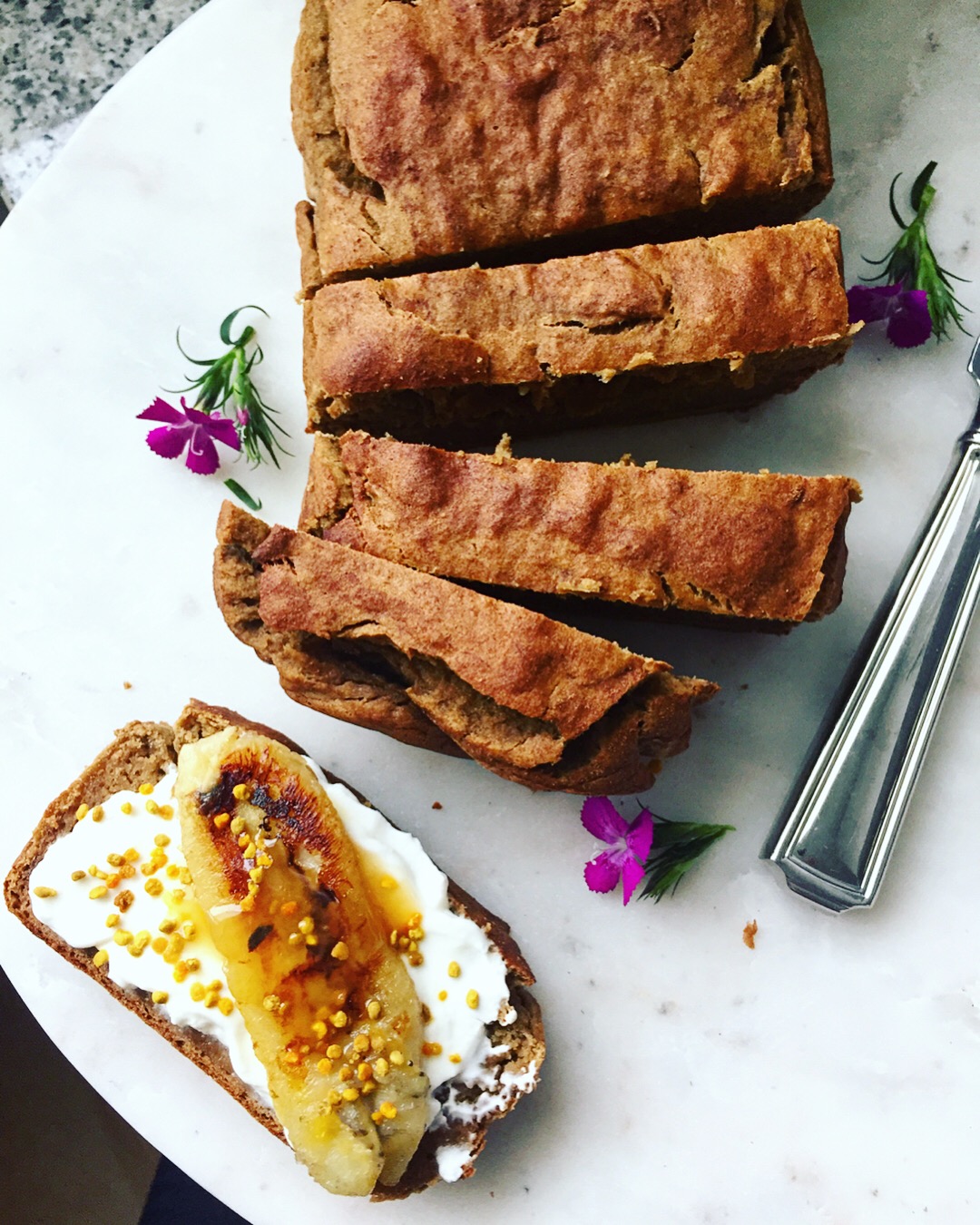
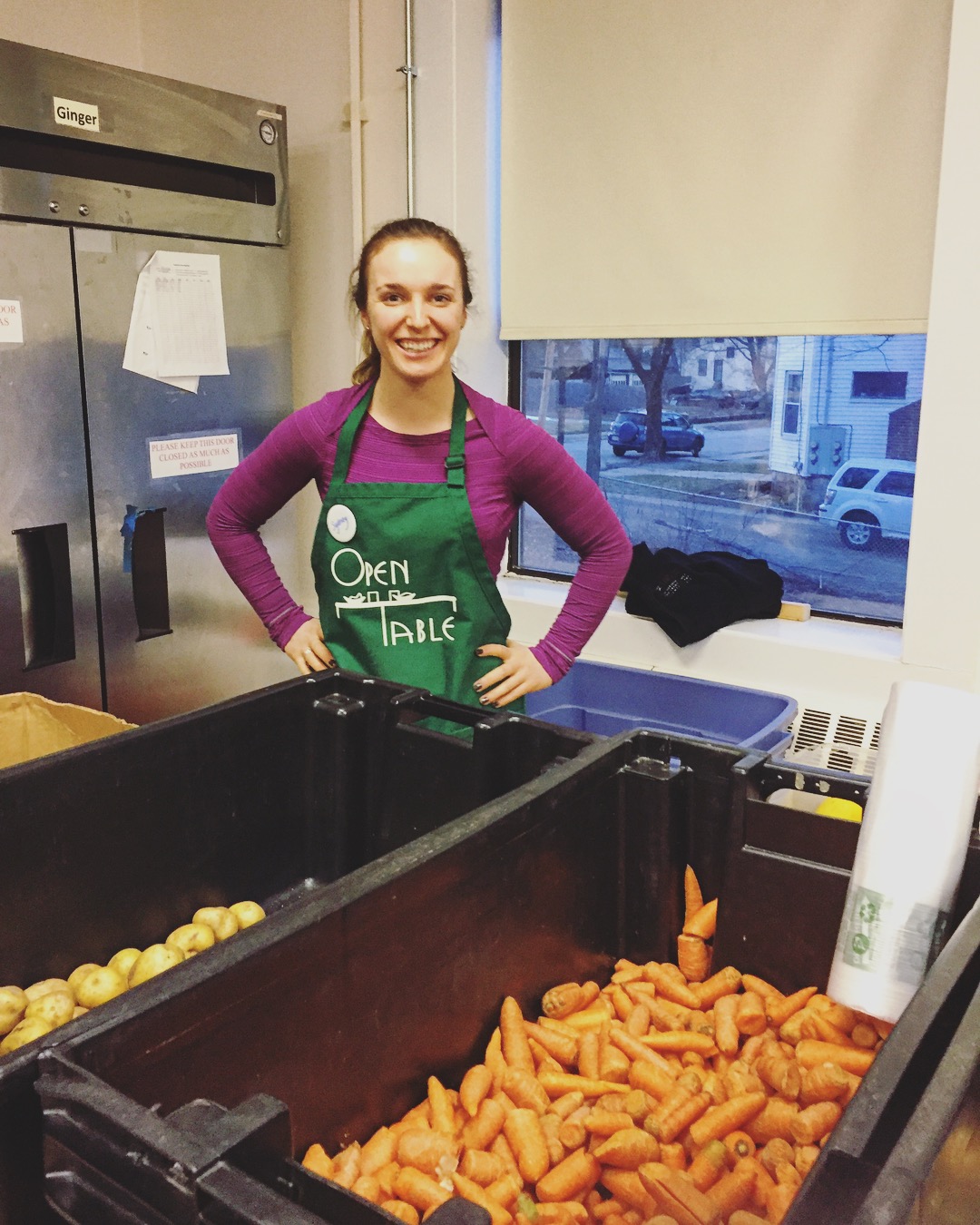


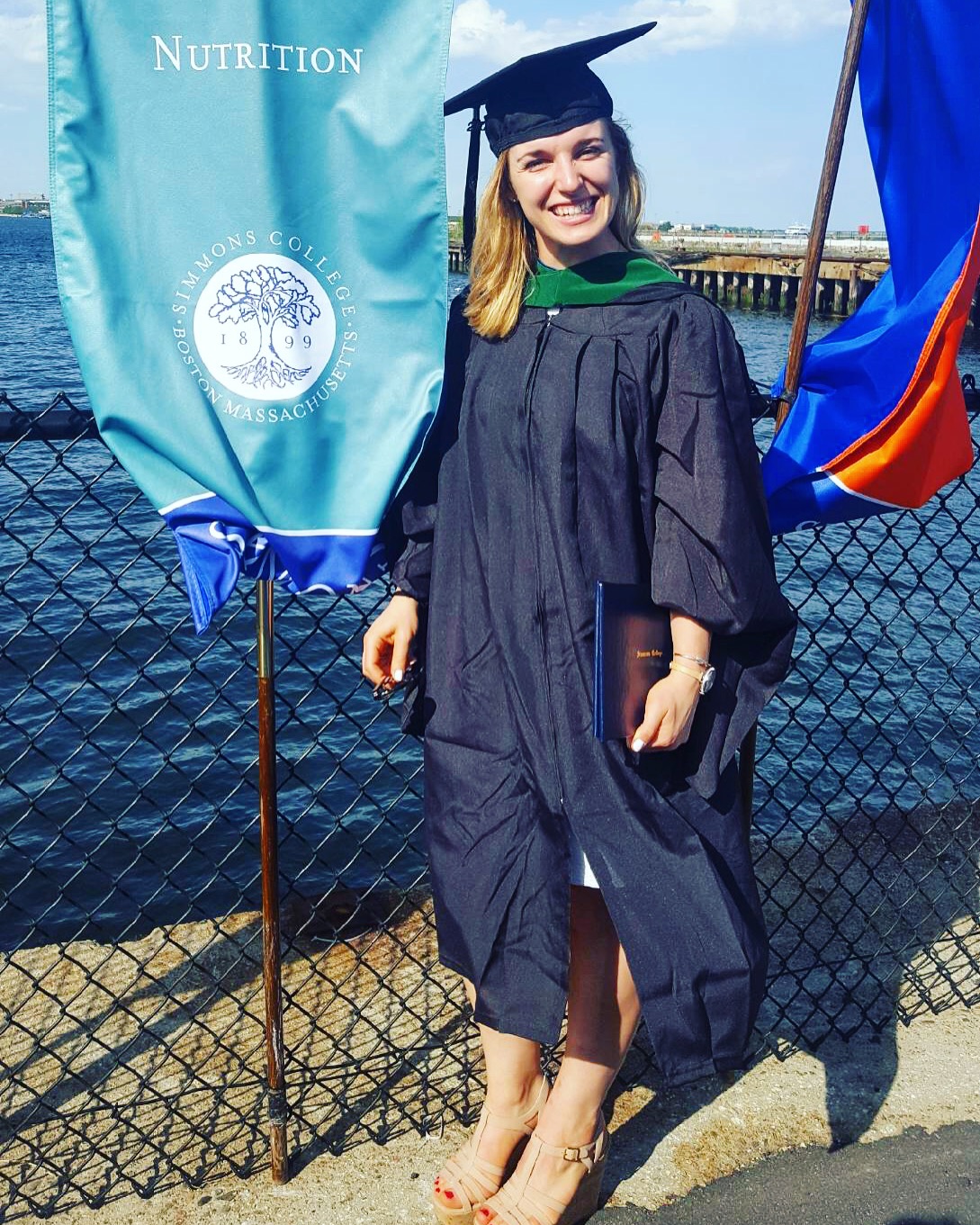
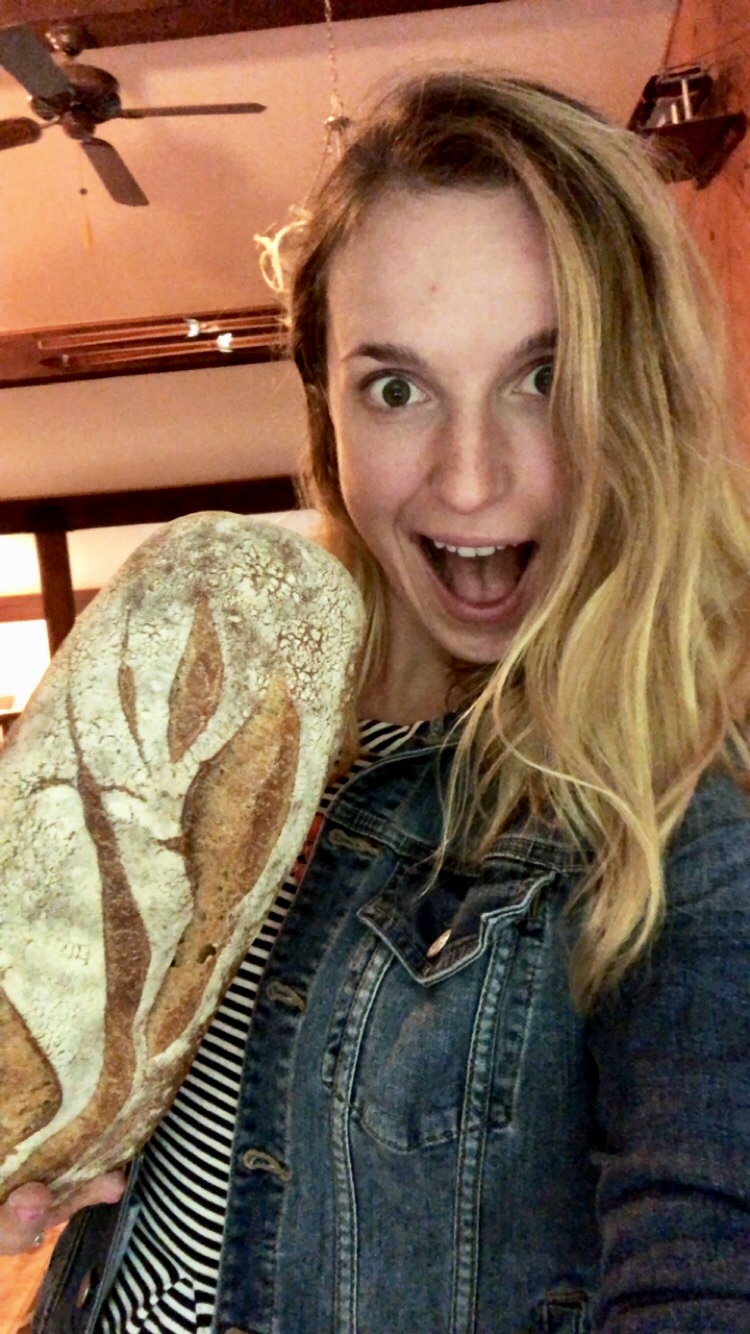
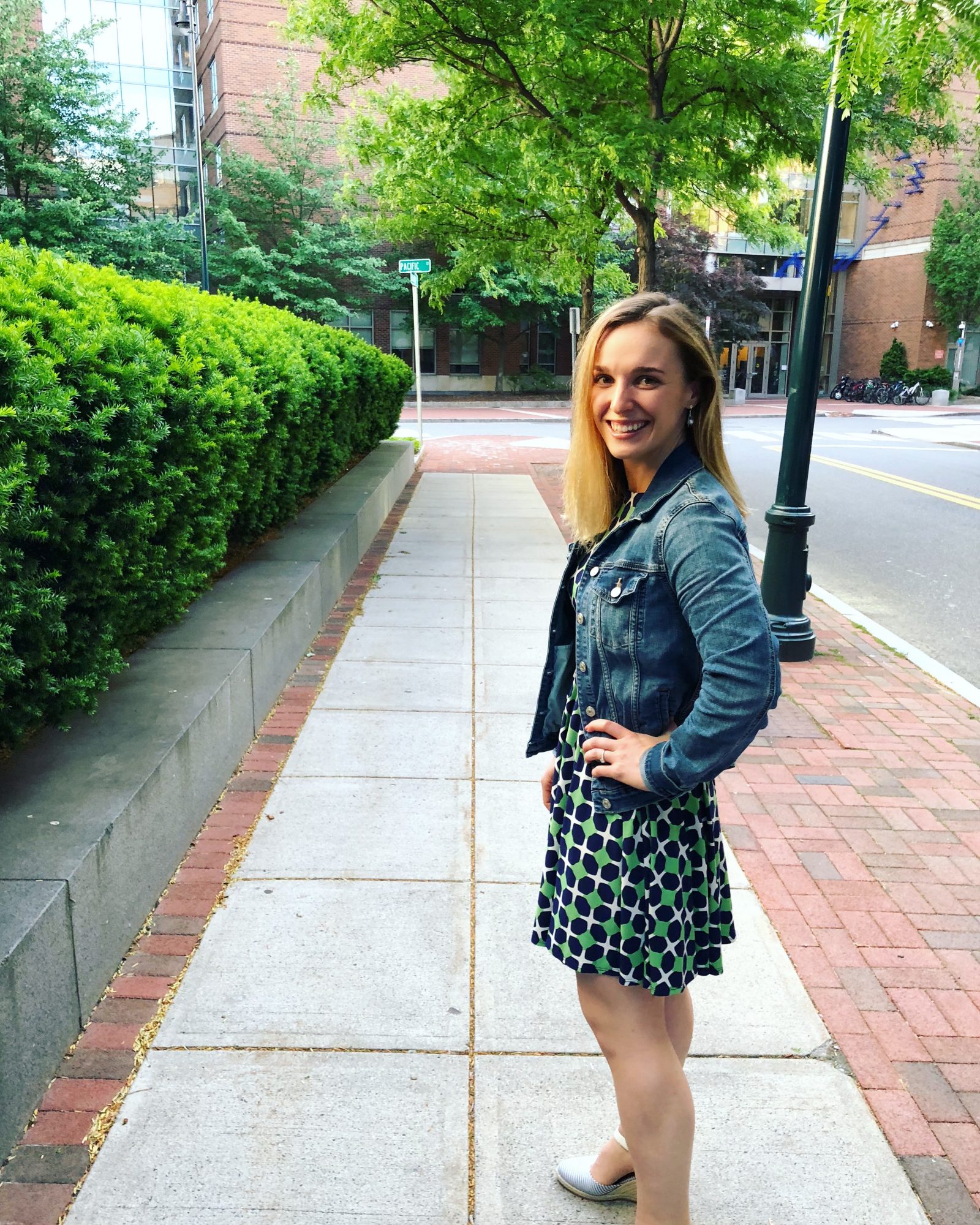
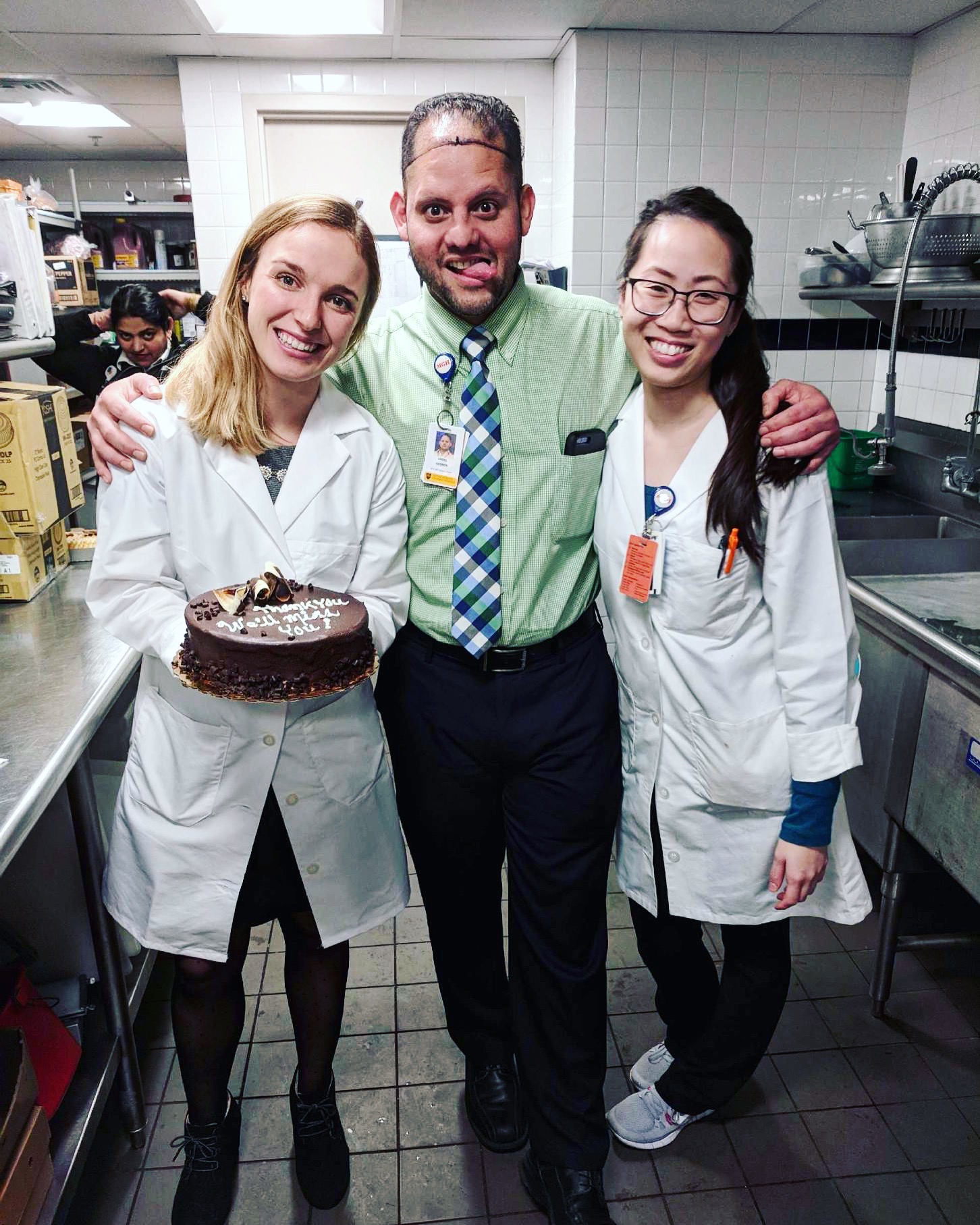
Getting in touch: BostonVoyager is built on recommendations from the community; it’s how we uncover hidden gems, so if you know someone who deserves recognition please let us know here.









